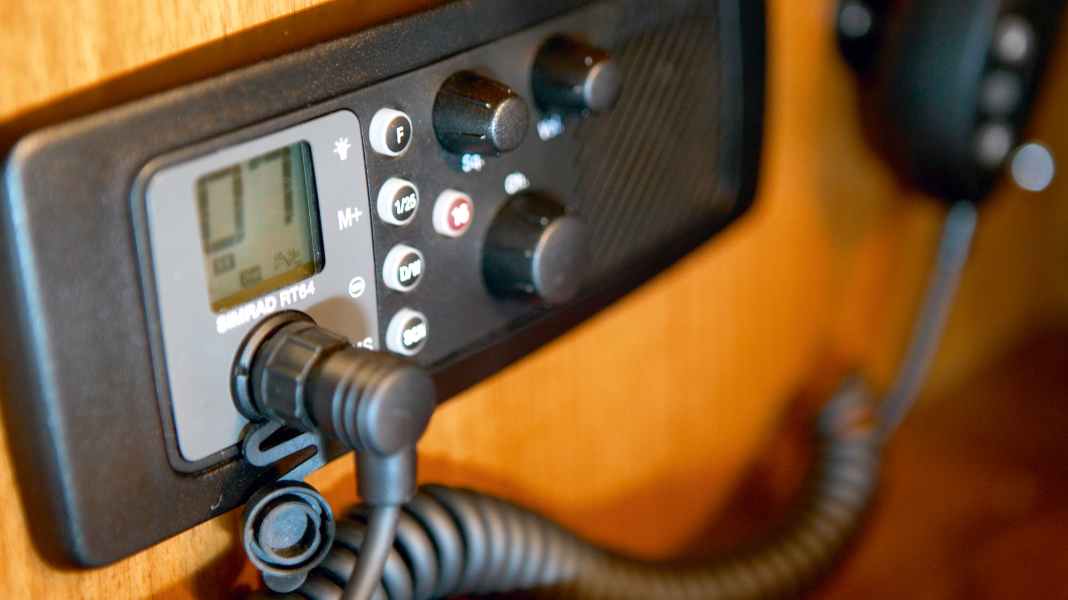
Unmanned vehicles are no longer just conquering the roads - they are also becoming increasingly important on the world's oceans. Research institutes and even the German armed forces are already experimenting with autonomous ships. These ship drones collect weather data, for example, or monitor specific sea areas. One example is the Danish Navy's sailing drones in the Kattegat.
Despite the great potential of the technology, there are still hurdles: Autonomous ships are not yet able to radio other ships directly in order to clarify their intentions in dicey situations such as an impending collision.
Operators of ship drones are to be relieved
At the moment, people either take over radio communication with surrounding ships and coastal stations on land in remote operation centres or on board. One operator is often responsible for several ship drones, which harbours the risk that they could be overloaded in critical situations. Experts criticise this as a safety risk.
This is set to change, and this is exactly where researchers at the Norwegian University of Science and Technology (NTNU) come in. Their goal: to develop a solution that makes communication between autonomous and manned ships easier, faster and more reliable.
Ship drones respond to status requests
In the study, which was published in the journal Ocean EngineeringThe specific aim of such a system is to give other ships and coastal stations the opportunity to ask about and discuss the status, decisions and future intentions of the autonomous ship in natural language. In this way, VHF radio calls are to be noticeably relieved for the operators.
The researchers used several AI models for the prototype. By combining them, the system can understand requests and give appropriate, coherent responses that correspond to the intentions and status of the autonomous ship. The answers are generated as spoken language. The system was tested in a ship simulator and then compared with the performance of a human ship's officer in the same scenario.
More on the topic:
Still little confidence in autonomous radio
Another problem became clear: the autonomous radio system is much less trusted than a human ship's officer. This was the result of surveys conducted with test subjects during the investigation. This is particularly critical, as radio communication is especially important in situations where two ships are on a collision course. At such moments, course and speed changes must be precisely coordinated.
Nevertheless, the researchers are confident that the existing obstacles can be overcome with a further developed version of the prototype. However, they also emphasise that the system will only be suitable for large-scale use when it is just as safe as conventionally manned ships.
